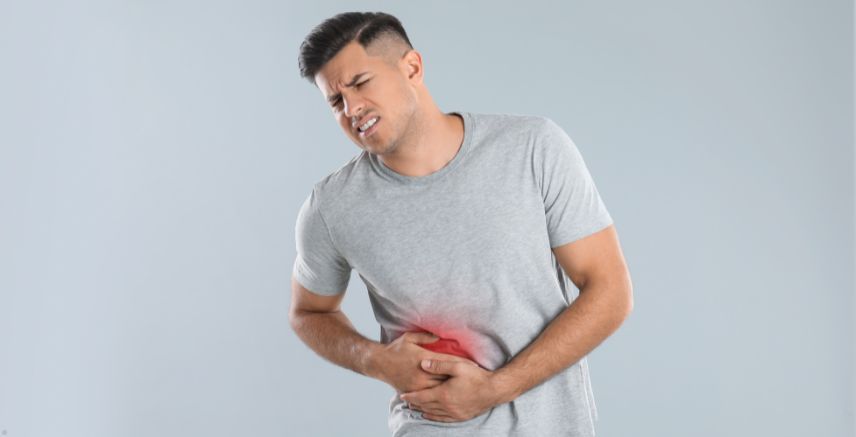How to Identify Warning Signs of Colon Cancer
Colon cancer is one of the most common types of cancer, but early detection can significantly increase the chances of successful treatment. Many people don’t experience symptoms right away, which is why regular screening is so important. However, there are warning signs of colon cancer that may indicate something is wrong. Here’s what to look out for and how each symptom can affect you.
1. Changes in Bowel Habits
A sudden and unexplained change in bowel habits can be a sign of colon cancer. This might include ongoing constipation, diarrhea or alternating between both for no clear reason. Some people also notice that their stools have become much thinner than usual, almost pencil-like in shape. Others feel like they need to have a bowel movement, but nothing happens when they try. These changes might seem minor at first, but if they last more than a few days, they should not be ignored.
2. Blood in the Stool or Rectal Bleeding
Seeing blood in your stool or on toilet paper after wiping can be alarming. The blood may appear bright red or darker, almost black, depending on where the bleeding is happening in the colon. Rectal bleeding can sometimes be caused by hemorrhoids or small tears, but persistent or unexplained bleeding should always be checked by a doctor. Even if the amount of blood is small, it could indicate internal bleeding caused by a tumor.
3. Unexplained Weight Loss
Losing weight without trying is another warning sign. If you notice that your clothes are fitting more loosely, but you haven’t changed your diet or exercise routine, it could be a sign that something is wrong. Cancer can cause unexplained weight loss because tumors use up a lot of energy, and in some cases, they can interfere with how the body absorbs nutrients. If you’ve lost more than ten pounds without a clear reason, it’s time to talk to a doctor.
4. Persistent Abdominal Pain or Discomfort
Frequent pain, cramping, bloating or a feeling of fullness in your stomach that doesn’t go away could be a symptom of colon cancer. Many people experience occasional digestive discomfort, but when the pain becomes consistent and unexplained, it may indicate a more serious problem. Some people describe it as a dull ache, while others feel sharper pains that come and go.
5. Ongoing Fatigue and Weakness
Feeling tired all the time, even after getting enough rest, can be a sign of colon cancer. This happens because cancer can cause slow internal bleeding, leading to anemia (a low red blood cell count). When the body doesn’t have enough healthy blood cells, it struggles to carry oxygen, making a person feel constantly weak and exhausted. If you find yourself feeling drained for no clear reason, especially if you also have other symptoms, it’s important to see a doctor.
6. Anemia (Low Iron Levels)
Anemia is a condition where the body lacks enough healthy red blood cells. In cases of colon cancer, slow internal bleeding may cause iron deficiency, which can lead to symptoms like dizziness, pale skin, shortness of breath and cold hands or feet. If a blood test shows low iron levels without an obvious reason, doctors may investigate the digestive tract to rule out internal bleeding from a tumor.
7. A Lump or Mass in the Abdomen
In some cases, colon cancer can cause a noticeable lump or swelling in the abdomen. A tumor in the colon may create a sense of fullness or pressure in the stomach area. While it’s rare to feel a tumor in the early stages, if you notice any unusual hardness or swelling in your lower abdomen, it’s a good idea to have it checked by a doctor.
When to See a Doctor
Anyone can experience occasional digestive issues, but when symptoms like these last for more than a few weeks, they should not be ignored. Even if the cause turns out to be something other than cancer, early detection of any health problem is always beneficial.
People over the age of 50, those with a family history of colon cancer, or individuals with lifestyle risks such as smoking, excessive alcohol consumption or a diet high in processed foods should be especially vigilant. Regular screenings, like colonoscopies, can catch colon cancer before symptoms even appear, making treatment much more effective.
If you or someone you know is experiencing any of these symptoms, it’s always best to seek medical advice. Catching colon cancer early can save lives.
Keep reading to learn about foods that can help boost your immune system during chemotherapy.
The information on this website is for general educational purposes only and is not a substitute for professional medical advice. Always consult your doctor or qualified healthcare provider before making changes to your health, diet or treatment plan.

